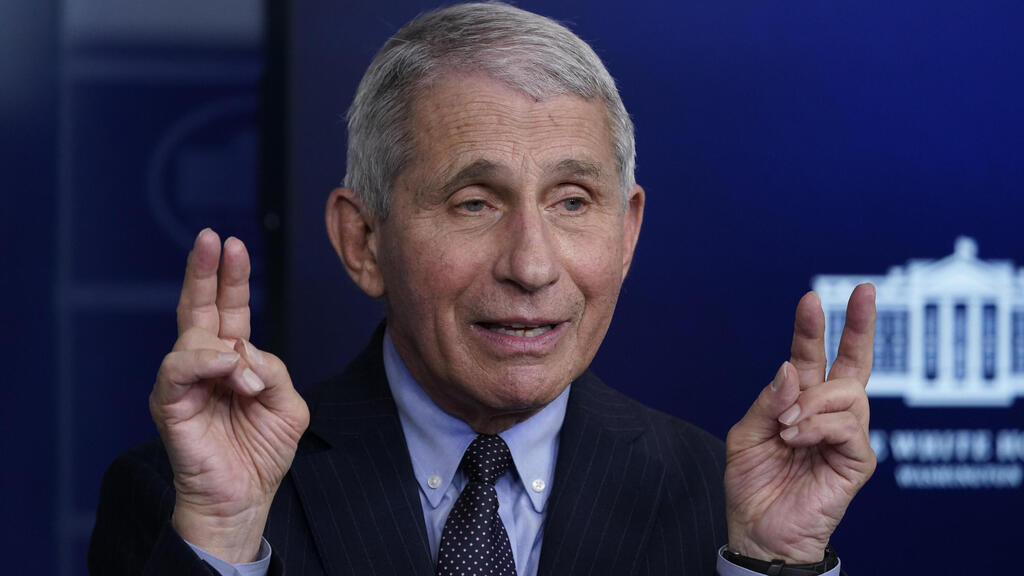Getting your Trinity Audio player ready...
Dr. Anthony Fauci, 83, the former senior health adviser to President Joe Biden and the White House's top expert on combating COVID-19, has been hospitalized after contracting the West Nile virus and is now recovering in his home.
"Dr. Fauci was hospitalized due to West Nile Fever," the spokesperson said. "He is now recovering at home and is expected to make a full recovery." According to a report by Fox News, Fauci was hospitalized for six days.
Dr. Fauci, who became a global figure during the pandemic, is an American physician and immunologist who led the National Institute of Allergy and Infectious Diseases (NIAID) and was a key member of the White House Coronavirus Task Force. He has been involved in public health for decades, contributing significantly to research on AIDS and other diseases.
Fauci's relationship with former President Donald Trump was tumultuous, with more lows than highs. Ahead of the 2020 election, Trump attacked Fauci, calling him a "disaster." "People are tired of COVID," Trump told his campaign team. "They’re saying, 'Leave us alone.' People are tired of hearing Fauci and all these idiots." He added, "Fauci is a nice guy, but he's been here for 500 years." During that period, Fauci revealed that he needed security due to threats against him and his family.
When Joe Biden was elected president, Dr. Fauci accepted the offer to serve as the chief medical adviser in the new administration. The day after Biden took office, Fauci was asked how he felt now that Trump was no longer president. "I don't want to look back, but it's pretty clear that there were things said, for example, about disinfectants and such, that were uncomfortable because they weren't based on scientific facts," Fauci said.
2 View gallery


62 Israelis have died since the outbreak of the West Nile fever
(Photo: Shutterstock)
West Nile Virus – current status in Israel
West Nile fever has also affected many in Israel. According to the Health Ministry, 62 Israelis have died since the outbreak, and 870 cases have been reported. Although the overall level of illness remains high, there has been a trend of stabilization in August. The levels are significantly lower than those observed during the peak of the outbreak in June-July, but they remain high for this time of year. It is difficult to predict whether we are nearing the end of the outbreak or if it might resurge in the coming weeks. The Health Ministry emphasizes that mosquito monitoring, control activities, and personal protection measures remain crucial to prevent a renewed increase in cases.
Most cases in Israel have been reported in the central part of the country, with fewer cases in the north and south. The majority of those affected are elderly (over 70), and no cases in children have been reported since the beginning of August. In the U.S., 216 cases of West Nile virus have been reported so far this year, along with 152 cases in Europe.
These numbers are not unusual for this time of year when compared to multi-year averages. Greece and Spain have reported higher-than-average cases, although they remain relatively low. About 80% of those infected do not develop symptoms, while 20% experience symptoms ranging from mild to severe, including fever, general malaise, headaches, and body aches. Neurological complications occur in less than 1% of cases. The virus does not spread from person to person, nor does it transmit back to mosquitoes. The risk of severe illness is primarily among the elderly and immunocompromised individuals.


